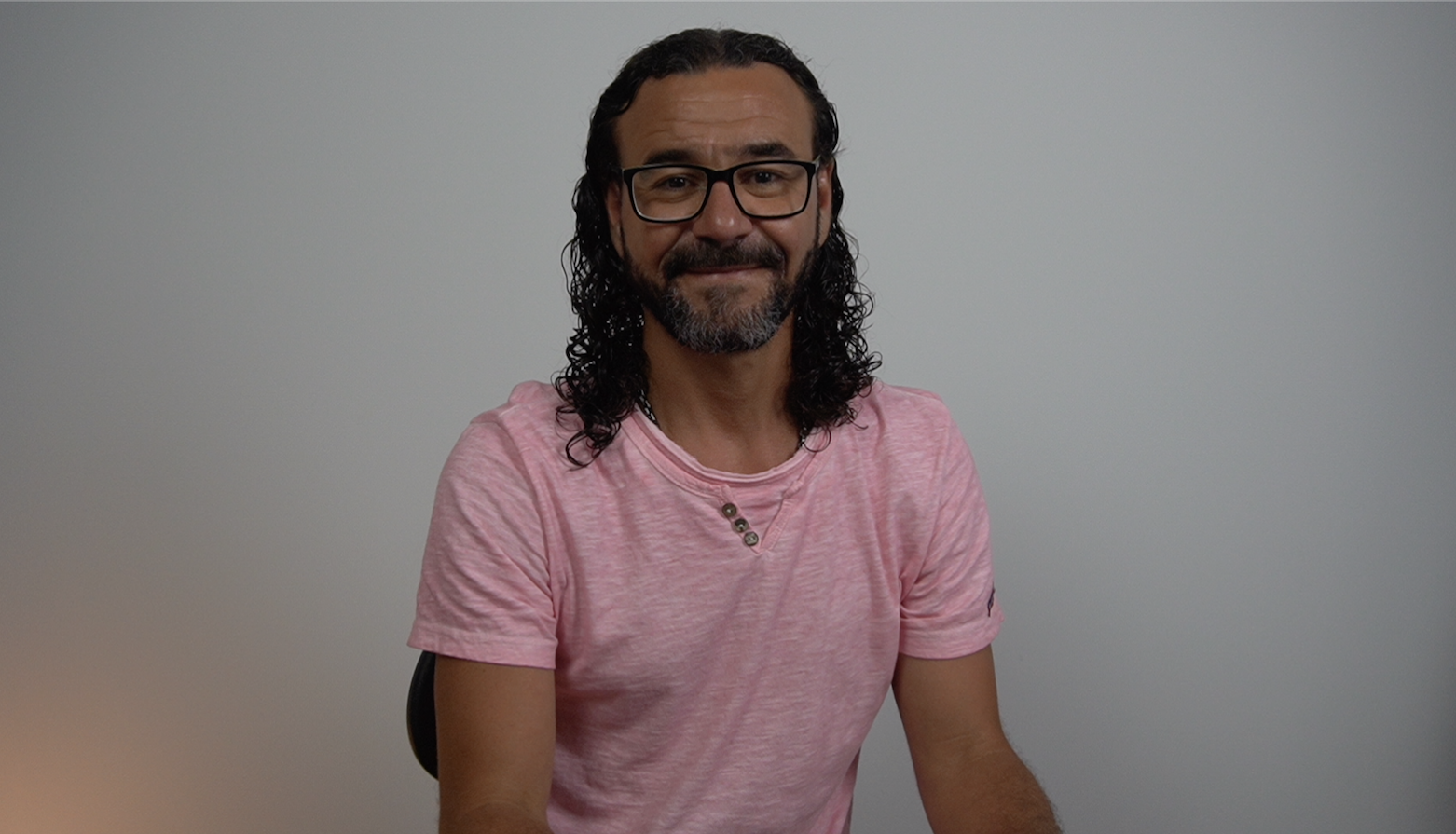Videos
Things Will Never Be the Same

But we can emerge from painful experiences a little wiser.
A Story About Assumptions, Surprises, and More


Photo courtesy of One Day Web Group
—
In the year 2004-2005, I worked as a hospital chaplain, the priest that visits patients at the hospital. It was a year of great learning. This story is conceivably my greatest lesson learnt.
—
—
This was recorded as part of a storytelling evening organised by Lukas Liebich. You can learn more about it here: https://www.facebook.com/events/59426…
Coping with Coronavirus: The Second Chance

In uncertain times, everything can seem to happen fast and at the same time.
How can we deal with the sense of missing out on opportunities?
—
Coping with Coronavirus: The Last Time

Have you heard of a technique that helps with tedious tasks and stressful situations?
One that can be practised at any time, in any place, and by anyone, including children?
—
Coping with Coronavirus: A Tale from Greek Mythology

In this tough time, it is natural to experience unpleasant moments.
This tale helps us appreciate that these moments can also play a meaningful role. If only…
Protect your Wellbeing from the Coronavirus

—
Disclaimer: I am NOT a medical doctor and this is NOT medical advice.
This post is about specific activities we can do to help us cope with the fear, uncertainty and undesired consequences of this crisis, especially for those of us confined to our homes.
I am sharing a one-pager with activities we can practice in different areas of our lives. Regular practice will prove to keep us in the best possible condition to cope with this crisis.
—
I designed this for you to download
and use as a checklist or cheatsheet
to keep us in check during this time.
—
You will notice I use the term “emotional fitness”. Just like physical fitness is the condition that allows us to perform physical activities, such as sports, emotional fitness is the condition that allows us to use our emotional intelligence so as to live fully.
I feel most of this is easier understood than done, but I’d love to know your thoughts and questions.
Stay safe.
Feedback Part III: How to Suggest Improvements

Humans need feedback to grow, which make giving feedback the gift of growth. While positive feedback gives us the energy to grow, constructive feedback — when done well — shows us the path for growth, that is, what we can improve and how.
This series focusses on how we can make our constructive feedback more effective.
In the final part of the series, I share three techniques to suggest improvements when we give constructive criticism.
What techniques do you use to suggest improvements?
—
Feedback Part II: How to Encourage the Listener

Humans need feedback to grow, which make giving feedback the gift of growth. While positive feedback gives us the energy to grow, constructive feedback — when done well — shows us the path for growth, that is, what we can improve and how.
This series focusses on how we can make our constructive feedback more effective.
In part II, I share three ways to encourage the listener when we give constructive criticism.
What techniques do you use to encourage your listener?
—
Feedback Part I: How to Make Stronger Statements

Humans need feedback to grow, which make giving feedback the gift of growth. While positive feedback gives us the energy to grow, constructive feedback — when done well — shows us the path for growth, that is, what we can improve and how.
This series focusses on how we can make our constructive feedback more effective.
Here in part I, I share three ways to make our statements stick when giving constructive criticism.
What techniques do you use to make your statements clearer?
—
Rage Against The Dying Of The Light

In this poem “Do Not Go Gentle Into That Good Night”, Welsh poet and writer, Dylan Thomas proclaims that the wise and good do not go gently into the good night of death.
Instead, they rage against the dying of the light, against the demise of what wisdom and good their words and deeds may have effected in the world.
Though good and wise leaders must die, as we all,
their light need not follow them into the good night.

